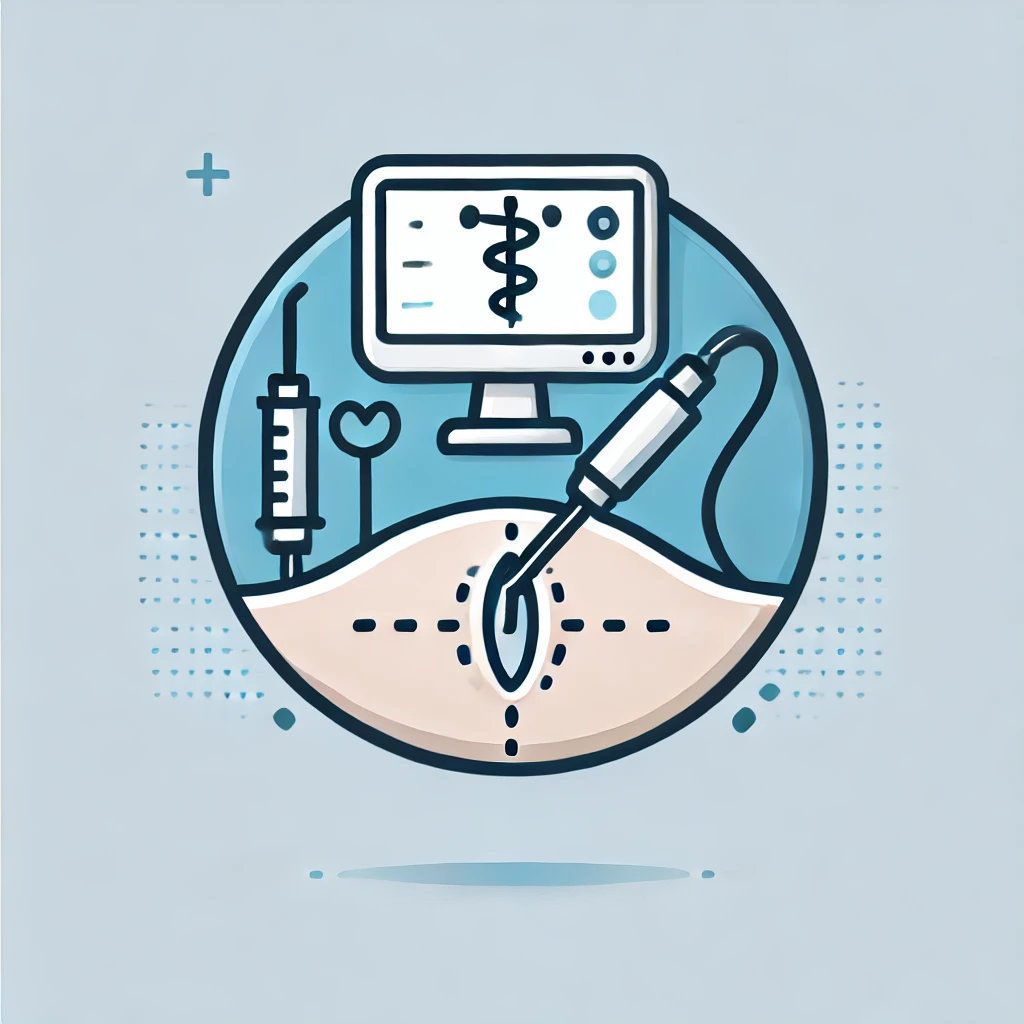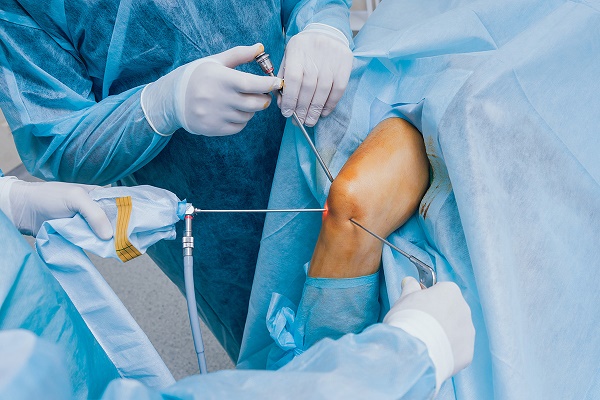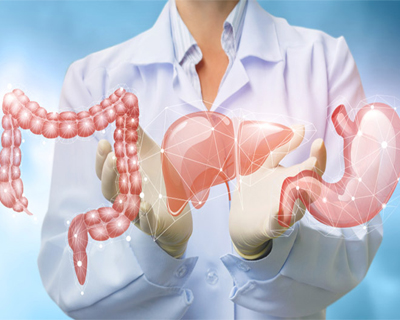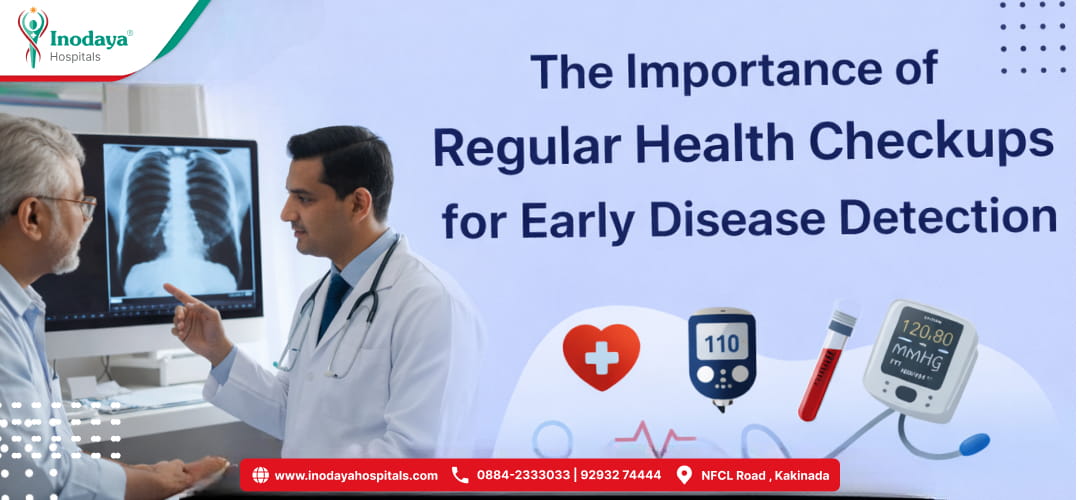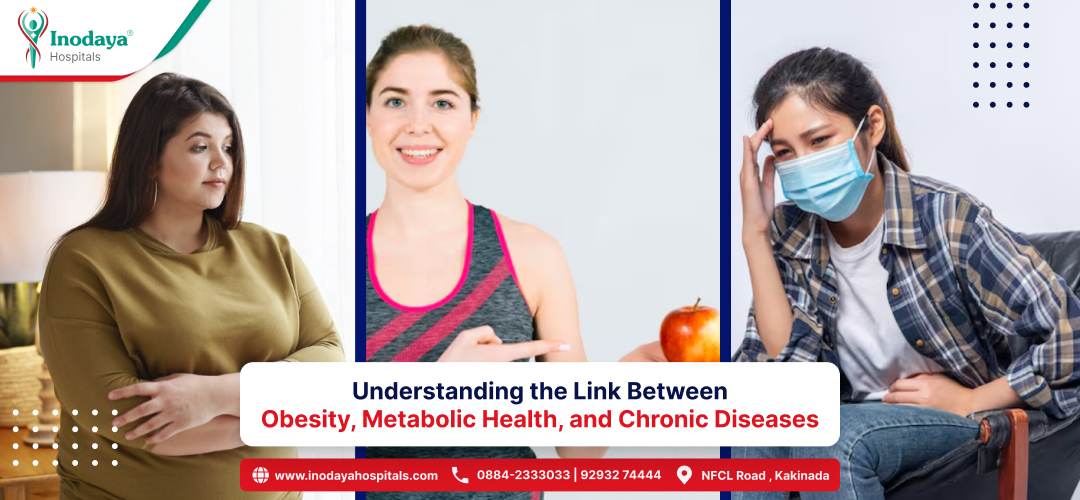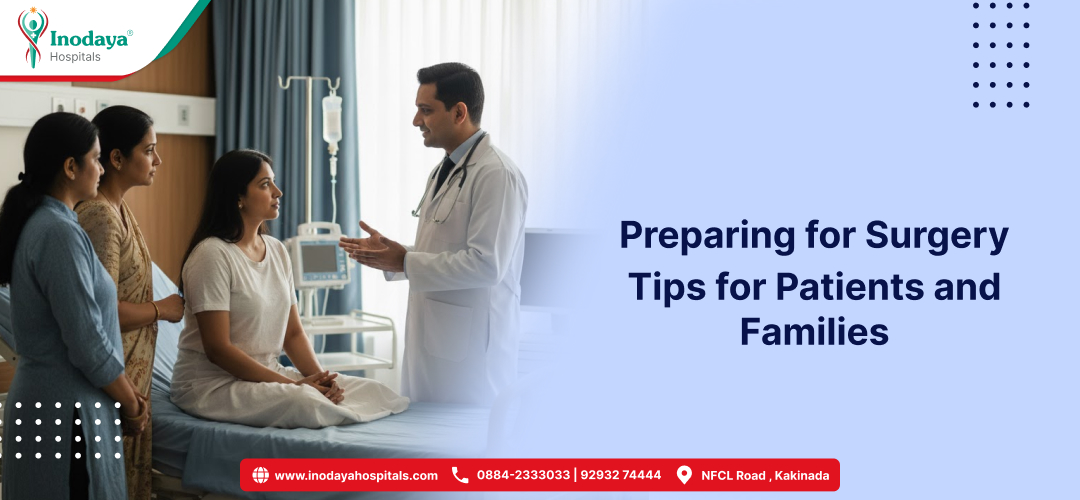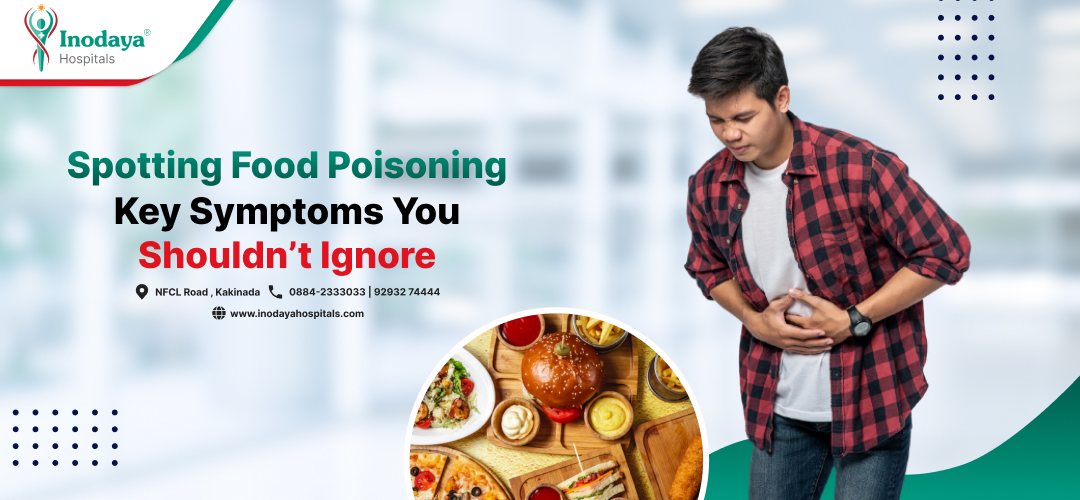Almost every woman suffers from a gynecological disease at some point in her lifetime. However, many gynecological disorders are mild and treatable, but some can be severe and lead to compilations such as affecting fertility and even quality of life.
So, which are common gynecological problems that should evoke your concern? Inodaya, the best gynecological hospital in Kakinada, in this article helps you understand the most common gynecological issues, and how they can be treated.
1. Dysmenorrhea
Suffering from lower back pain or abdominal pain is very common among women during menstruation. But some go through excruciating pain, interfering with their day-to-day activities, known as Dysmenorrhea. It can be caused by excessive levels of hormones that make the uterus contract during menstruation and childbirth.
The pain results from the release of these hormones when the lining or endometrium is sloughing off during the menstrual period. It usually gets better as one gets older and especially after childbirth.
2. Ovarian Cysts
An ovarian cyst is a sac filled with fluid that starts developing within or on the surface of an ovary. They are common and usually form during ovulation, which happens when the ovary releases an egg every month. Most ovarian cysts don’t cause symptoms, but in some cases bloating, swelling, or pain in the lower abdomen can occur.
Ovarian cysts usually disappear in a few months, but can cause severe complications if they don’t. To help them get dissolved, ovarian cysts are generally treated with oral contraceptive pills and some severe cases require surgery.
3. Endometriosis
This is a condition where the inner lining of the uterus starts growing outside the walls of the uterus. Commonly, it starts growing on the ovaries of the fallopian tube, however, it can also grow on the cervix, bladder, bowel, or rectum. The symptoms include painful periods, painful periods, pain with intercourse, excessive bleeding, and even digestive problems.
Fertility problems also may develop with endometriosis. Depending on the severity of the condition endometriosis can be treated with hormonal contraceptives(pills, patches, and vaginal rings help control the hormones responsible for the growth of endometrial tissue) or surgery.
4. Polycystic Ovarian Syndrome (PCOS)
Polycystic ovary syndrome (PCOS) is the most common hormonal disease that affects women’s reproductive systems. Women with PCOS may have infrequent periods or prolonged menstrual periods or many male hormone (androgen) levels. The ovaries may develop numerous collections of fluid called follicles that fail to release eggs each month.
Common symptoms of PCOS include irregular periods, difficulty getting pregnant, obesity, and excessive hair growth (hirsutism). Working on weight management along with hormonal treatment options with an expert gynecologists in kakinada help can help you control PCOS symptoms.
5. Uterine Fibroids
Uterine fibroids are noncancerous lumps that grow on the inside, on the outside, or in the wall of the uterus. Untreated fibroids can interfere with your quality of life and may lead to complications such as anemia. Anemia is a condition when your body doesn’t have enough healthy red blood cells to function properly.
Fibroids generally go away on their own, if not your gynecologist may prescribe a myomectomy. A myomectomy is an operation to remove the fibroids while preserving the uterus. Certain procedures such as Uterine artery embolization can destroy fibroids without removing them.
6. Urinary Tract Infection (UTI)
UTI is one of the most common gynecological problems in women of all age groups. This usually occurs when the bacterial infection present in the vagina or anus, moves up to the urethra and bladder, and in some cases even kidneys. A bladder infection or UTI may cause pelvic pain, increased urge to urinate, pain with urination, and blood in the urine.
Factors commonly associated with UTI include pregnancy, uncontrolled diabetes, and the use of oral contraceptives or antibiotics. However, most urinary tract infections can be treated with over-the-counter or prescription medications.
A regular visit to the best gynecologists will help in ensuring better reproductive health. Also, make sure you adopt a healthy lifestyle by consuming a healthy diet, drinking enough water, and exercising regularly.
For expert consultation on gynecological concerns, visit Inodaya Hospitals, Kakinada. Book an appointment today!






































